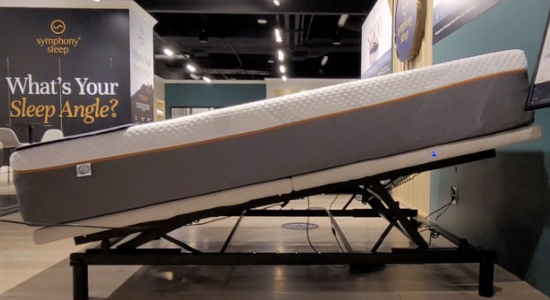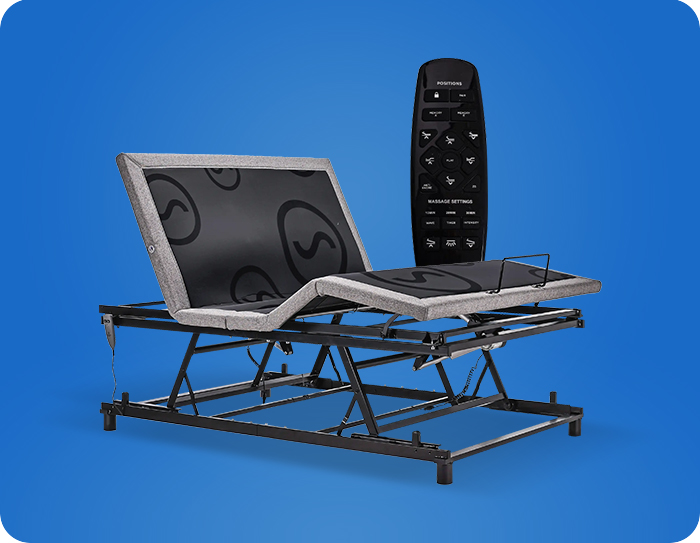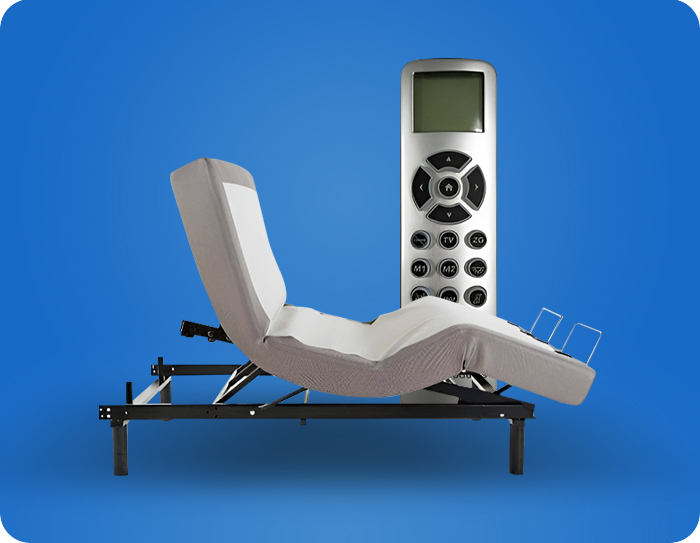Mattresses
SHOP STANDARD SIZES
SHOP STANDARD SIZES
SHOP
Adjustable Beds with Elevation
Explore the features of Adjustable beds with elevation and hi low feature. Elevation is a popular feature among acid reflux sufferers, and the hi low feature is a great feature to help assist out of bed or help assist caregivers with transfers from bed to wheel chair.

Key Features
Experience the two different types of elevation: elevation, and hi low feature.
- Symphony Sleep is the creator of the add on kit elevation. Which is designed to help with acid reflux suffers.
- Flex a Bed SL is one the original hospital style hi low feature. This frame design to assist caregivers and people that is hard to get in and out of bed.
- Symphony Sleep elevation is 12 degree angle which is able to stop anytime along the way up to 12 degrees.
- Designed to help with Snoring by widening a narrow upper airways.
© 2025 Rest Right Mattress. All Rights Reserved.





